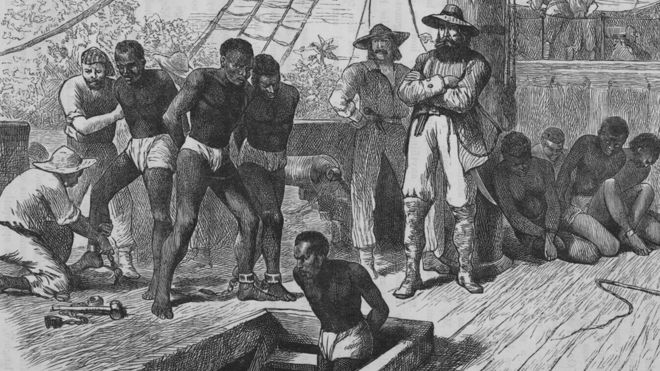One of Britain’s top universities announced a two-year inquiry into its links to the African slave trade on Tuesday, promising to uncover how the institution may have gained from slavery and the exploitation of labour.
Scholars at the University of Cambridge will examine archives and other records to determine how it might have benefited from slavery through financial and other bequests to departments, libraries and museums.
They will also investigate how scholarship at the university might have reinforced and validated race-based thinking between the 18th and early 20th century.
They will also investigate when Britain was a colonial power involved in slave-trading, mainly from western Africa to the Caribbean and the Americas.
“An advisory group will recommend appropriate ways to publicly acknowledge past links to slavery and to address its impact,’’ the university said.
“There is growing public and academic interest in the links between the older British universities and the slave trade.
“It is only right that Cambridge should look into its own exposure to the profits of coerced labour during the colonial period,’’ Prof. Stephen Toope, the university’s vice chancellor said.
Martin Millett, a professor of classical archaeology, who heads the advisory group, said the benefits to the university “may have been financial or through other gifts.’’
“But the panel is just as interested in the way scholars at the university helped shape public and political opinion, supporting, reinforcing and sometimes contesting racial attitudes which are repugnant in the 21st Century,’’ Millett said. (dpa/NAN)

